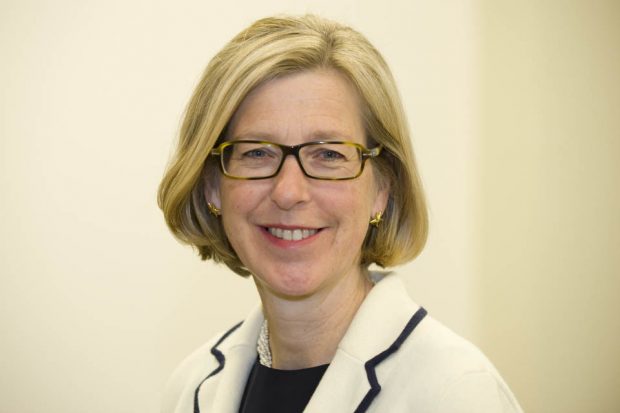
This morning, the Office for National Statistics (ONS) published the latest crime statistics for England and Wales for the year ending June 2017.
The two main sources of data covered in this publication are the Crime Survey for England and Wales, which asks 35,000 respondents annually about their experiences of crime in the 12 months prior to the interview, and police recorded crime data, which covers crimes recorded by the police in the year ending June 2017.
The Crime Survey for England and Wales estimated that there was a nine per cent fall in crime compared with the previous year, while police-recorded crime showed a 13 per cent increase in the number of offences recorded over the same period.
A statement from the Minister for Crime, Safeguarding and Vulnerability is below, along with some further background on what we are doing to keep families and communities safe.
Minister for Crime, Safeguarding and Vulnerability, Sarah Newton, said:
We welcome the fact that crimes traditionally measured by the Independent Crime Survey for England and Wales are down by almost 40% since 2010 and by 70% since their peak in 1995.
It’s also good that the Office for National Statistics assess the police’s recording of crime is improving, and that more victims of domestic abuse and sexual violence are feeling empowered to come forward.
But while it is clear that much of the rise in police recorded violent offences is due to better recording, we know that some of this increase is likely to be genuine. Which is why have taken urgent action to stop these crimes and keep our communities safe.
This week we began consulting on tough new laws to crack down on acid attacks and knife offences. Our Domestic Abuse Bill will help to bring this heinous crime out of the shadows and ensure victims receive both support and justice, as we invest £100m to prevent and confront violence against women and girls. We are also investing £1.9 billion to counter the cyber threats we face.
10 things we are doing to keep families and communities safe:
- Earlier this month we launched a public consultation into new laws on offensive and dangerous weapons (knives, guns and acid), designed to tackle serious violence. The measures include a new offence of possession of acid in public without good reason – with repeat offenders facing a mandatory minimum sentence of six months. Other offences being consulted on include banning the sale of acid to under-18s and restricting online sales of knives.
- We are also supporting communities to take action against violent crime. Earlier this month we launched a £500,000 Community Fund for local projects aimed at tackling knife crime and have allocated more than £280,000 to community projects to end gang violence and exploitation.
- We have protected police funding in real terms since the Spending Review in 2015 and we are engaging with the police to better understand how they are managing the pressures they are facing. That includes what more can be done to improve productivity and efficiency, and reduce bureaucracy, and make the best use of their financial reserves.
- We are bringing forward a landmark Domestic Violence and Abuse Bill which will protect victims and make sure agencies respond effectively. We have pledged £100 million in dedicated funding until 2020 to tackle violence against women and girls.
- We have strengthened firearms controls, using the Policing and Crime Act 2017 to close loopholes exploited by criminals, including creating two new offences. We are consulting on plans to prohibit large calibre and rapid firing rifles and today (19 October) we are launching a public consultation on laws around antique firearms to stop them falling into the hands of criminals.
- On illegal firearms, we are also ensuring that we have the right intelligence, detection and enforcement capabilities – internationally, at the border and in the UK. For example, on 1 July a joint operation by Border Force, the NCA and the Met resulted in the seizure of 79 firearms that criminals were attempting to smuggle through the Channel Tunnel.
- The 2016 Psychoactive Substances Act has made it an offence to produce, supply, import or export a psychoactive substance, giving police and local authorities the powers they need to tackle this illegal trade. Since the Act came into force, more than 300 retailers across the UK have either closed down or are no longer selling psychoactive substances. The Government's new drug strategy reaffirms our robust law enforcement response to drug crime.
- The Joint Fraud Taskforce is dramatically improving the law enforcement response to fraud, and we are rolling out a nationwide prevention campaign and improving the response to victims.
- The Government is investing £1.9 billion to support the National Cyber Security Strategy 2016-2021, to ensure our law enforcement agencies can deal with the increasing sophistication of cyber criminals.
- We are overhauling how police, social services and others work together to protect vulnerable children, including millions of pounds of extra investment to transform the police approach to child sexual exploitation through the Police Transformation Fund.
